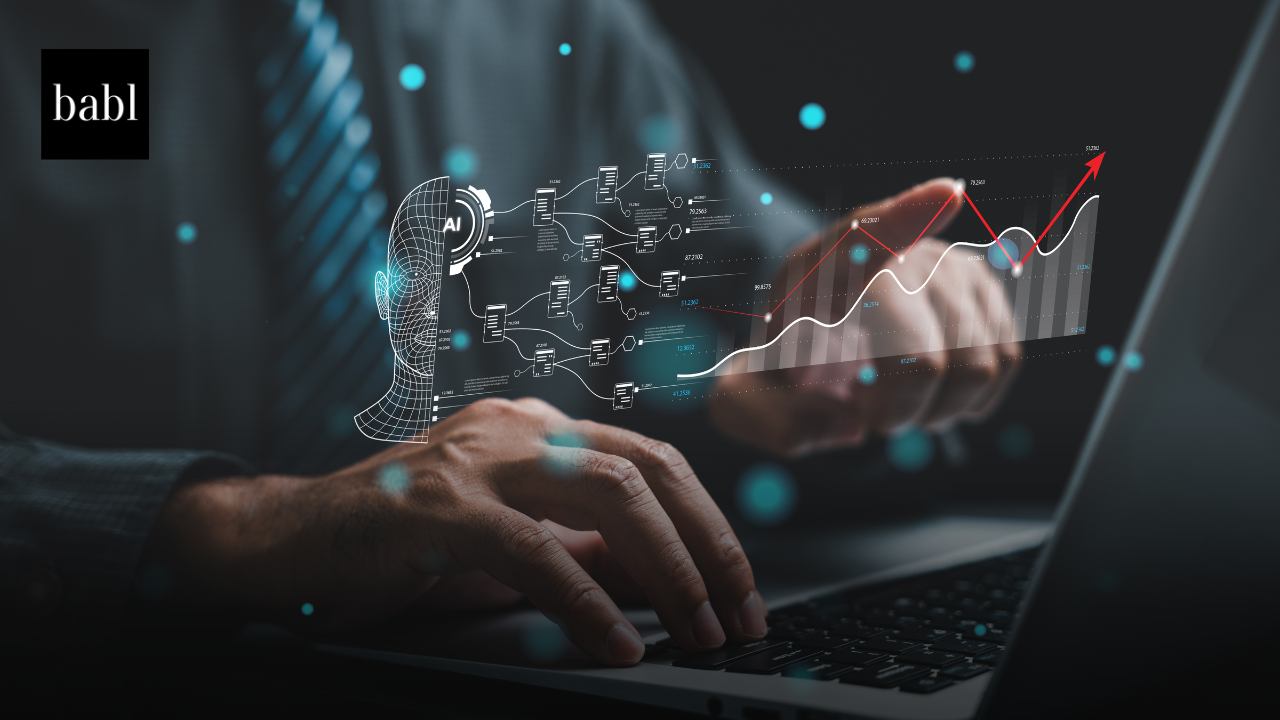UPDATE — AUGUST 2025: Illinois’ House Bill 3773, signed into law on August 9, 2024, by Governor J.B. Pritzker, takes effect January 1, 2026. The law amends the Illinois Human Rights Act to regulate AI use in employment decisions, prohibiting discriminatory practices and requiring employers to notify workers when AI influences hiring, promotions, or other conditions of employment.
ORIGINAL NEWS STORY:
Illinois Enacts New Law Regulating AI Use in Employment Decisions to Prevent Discrimination
Illinois Governor J.B. Pritzker has signed a significant piece of legislation aimed at addressing the use of artificial intelligence (AI) in employment decisions. On August 9, 2024, Governor Pritzker signed into law House Bill 3773 (HB 3773). This new law introduces stringent requirements and protections for employees to ensure that AI is used transparently and fairly. HB 3773 amends the Illinois Human Rights Act, extending its provisions to cover AI-driven discrimination and requiring clear notifications to employees when AI is utilized in decision-making processes.
Strengthening Anti-Discrimination Protections
HB 3773 prohibits employers from using AI systems that could discriminate against employees or job applicants based on protected characteristics such as race, gender, age, or disability. It bars the use of AI tools that produce discriminatory results in hiring, promotions, discharges, or other employment decisions. The law also closes loopholes that can reinforce bias. For instance, it prohibits employers from relying on zip codes as a proxy for protected classes—a practice that could indirectly disadvantage certain communities.
Defining AI and Expanding Coverage
Illinois defines “artificial intelligence” broadly as any machine-based system that uses data inputs to generate outputs such as predictions, recommendations, or decisions that influence outcomes. The definition also includes generative AI, which refers to systems that create human-like content, such as text, images, or videos, based on user prompts. This wide definition ensures that emerging and existing AI technologies are covered under the law.
Transparency and Notification Requirements
Transparency is a key feature of HB 3773. Employers must inform employees whenever AI is used to make or assist in employment-related decisions. This rule gives workers a clearer view of how their personal data and performance information are processed. The Illinois Department of Human Rights (IDHR) will develop specific rules on how these notifications must be provided. In addition, the department will oversee compliance and issue guidance to help employers implement these new standards effectively.
Filing Complaints and Seeking Remedies
If an employee believes AI contributed to discrimination, they may file a complaint through the IDHR. The department has 100 days to investigate and determine whether substantial evidence exists. If no evidence is found, the complaint can be dismissed, but the employee may request a review before the Illinois Human Rights Commission. When substantial evidence is established, the case can proceed before the Commission or in Illinois circuit court. Remedies may include damages, civil penalties, attorneys’ fees, and compliance reporting. This process mirrors existing human rights complaint procedures while adapting them to AI-related contexts.
Broad Applicability for Illinois Employers
HB 3773 applies to all Illinois employers with at least one employee, creating a wide compliance scope. Companies must now evaluate their AI tools, audit for bias, and establish clear procedures for notifying employees. Moreover, employers will need to document compliance efforts and train human resources teams to manage potential AI discrimination claims. As a result, Illinois businesses are encouraged to work proactively with AI auditors and legal advisors.
A Model for Responsible AI Regulation
With HB 3773, Illinois joins a growing list of states regulating AI in employment. The legislation reinforces the state’s leadership in balancing innovation with accountability, protecting workers from emerging risks while promoting ethical AI practices. By focusing on transparency, fairness, and due process, the law provides a framework for responsible AI adoption that other states may soon follow.
Need Help?
If you’re wondering how Illinois’ new AI regulations and policies, or any other AI legislation around the world, could impact you, don’t hesitate to reach out to BABL AI. Their Audit Experts are ready to provide valuable assistance while answering your questions and concerns.





